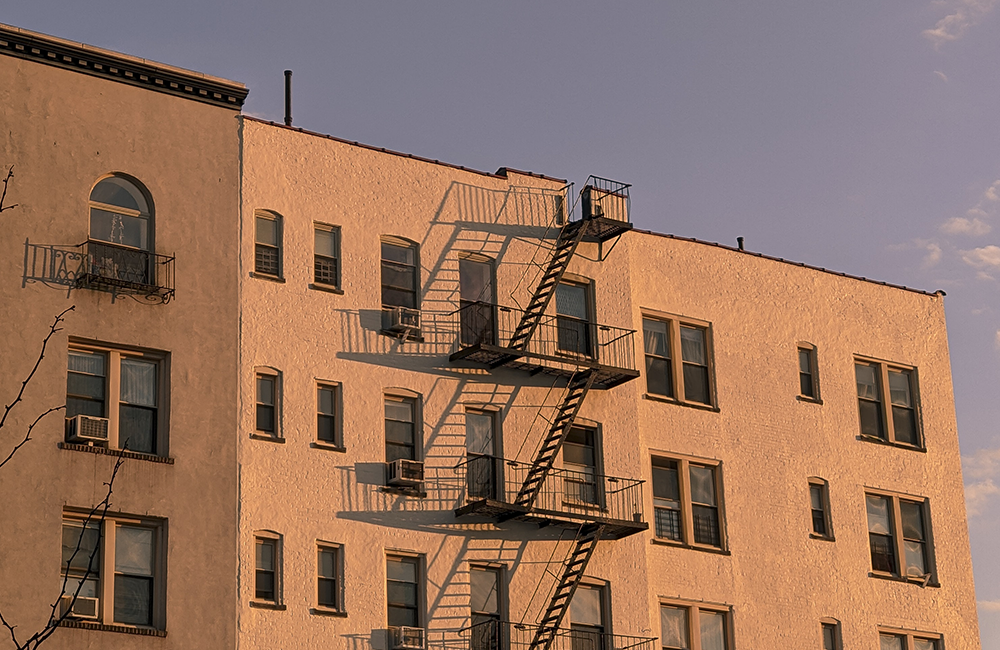Webinar: Fight for Your Rights: Tools for Tenant Organizing Session #2 – November 17th, 2020 at 6 pm
Join us on Tuesday, November 17th, at 6 pm for the second session of our…

Written by Zachary Hale, Esq ., Staff Attorney
The COVID-19 pandemic has had devastating impacts on both public health and economic security. As tenants across the country struggle to pay rent, organizations like Brooklyn Legal Services Corporation A (Brooklyn A) have worked hard to preserve and protect affordable housing. Eviction moratoriums in New York and other states have provided temporary safe harbors, but unless cities and states take swift action, millions of renters will be left vulnerable as these moratoriums expire.
To ensure that the current health crisis is not multiplied by a wave of evictions, communities are calling on governments to enact policies that cancel or waive rent payments. Rent cancellations could require funding to relieve small rental property owners facing foreclosure. However, declining tax revenues create a challenge for new government spending. One solution to this challenge is for state or local governments to issue Pandemic Bonds to raise money for the costs of rent forgiveness policies.
Many of the movements pushing governments to “cancel rent,” including the coalition led by Right to Counsel NYC Coalition , couple their demand for rent forgiveness with related demands, like a relief fund for small landlords, or a government purchasing program for distressed properties. The 2008 financial crisis demonstrated the risk that mass foreclosures pose to the broader economy, and a relief option for small landlords could prevent a wave of defaults from triggering a more significant financial collapse.
Additionally, small rental owners often have longstanding ties to their community, and assisting them can protect neighborhoods from multinational real estate companies who hope to purchase distressed properties for luxury development. This is why Brooklyn A works with homeowners to prevent foreclosures in gentrifying neighborhoods-renters and small landlords can find common cause in the fight to preserve affordable housing in their communities.
Any adequate rental relief program will require government money. With economic shutdowns suppressing tax revenue, governments may have to look to new sources of funding. Taxes and bonds are the two primary ways that state and local governments generate revenue. Bonds are essentially loans that bond purchasers (typically individuals, banks, or investment funds) make to governments, who then pay back the debt with interest at a later date. And taxes are the mandatory financial charges that an individual or an entity must pay to the government with the purpose of funding the government’s spending. However, in light of the current crisis, cities and states can sell Pandemic Bonds to raise funds for those affected by the pandemic.
In order to maintain affordable housing supply and prevent displacement, Pandemic Bond revenue could be used to create a small landlord relief fund, a mechanism that housing advocates propose as a supplement to broader rent forgiveness policies. To pay off the public debt these bonds would create, governments could couple the bond offerings with taxes aimed at preserving affordable housing. New York could, for example, pair a Pandemic Bond with taxes on luxury deregulation, or vacancies, or small-home speculation. These taxes would not only raise money to pay off the bonds, but could also discourage actions that reduce the overall supply of affordable housing.
Communities across the country are speaking up to demand rent relief in the face of an unprecedented crisis. While organizations like Brooklyn A work on the ground to fight displacement, governments must act swiftly to both provide immediate financial relief and prevent the long-term public threats represented by evictions and foreclosures. A Pandemic Bond is a powerful tool that elected officials can use as part of their broader efforts to protect renters and small landlords and preserve affordable housing in the face of COVID-19.
If you or someone you know is in danger of eviction or foreclosure, please contact Brooklyn A at [email protected] or (718) 487-2300.